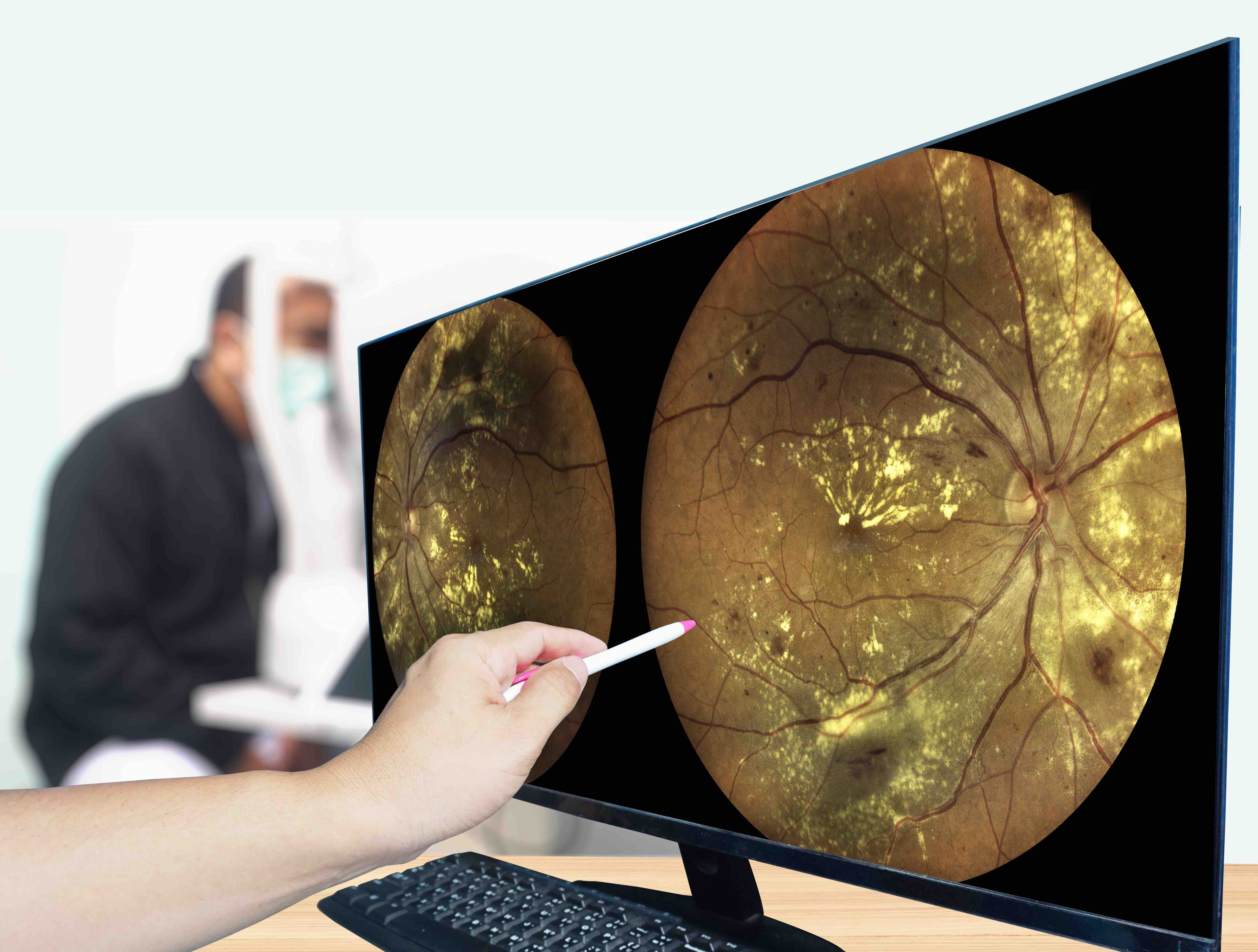Video
Effects of Pegcetacoplan to Slow Progression of GA Increase Over Time: Dr Eleonora Lad
Author(s):
For patients with geographic atrophy (GA) taking pegcetacoplan, the drug’s effect to slow disease progression increases over time as patients take the drug, said Eleonora Lad, MD, PhD, associate professor of ophthalmology, Duke University.
For patients with geographic atrophy (GA) taking pegcetacoplan, the drug’s effect to slow disease progression increases over time as patients take the drug, said Eleonora Lad, MD, PhD, associate professor of ophthalmology, Duke University.
Transcript
How do the 2-year outcomes of the DERBY and OAKS trials of pegcetacoplan in geographic atrophy update previous findings?
The data presented today reinforces the potential of this drug in geographic atrophy. So, we're continuing to see a reduction in GA lesion growth, and importantly, these effects increase over time. The data suggest that pegcetacoplan is preserving more and more of the retinal cells responsible for vision over time, so we are preventing vision loss. These data also show that pegcetacoplan is continuing to demonstrate a favorable safety profile.
Patients receiving pegcetacoplan were either receiving the shot once a month or every other month. What was the difference in outcomes?
So, in terms of efficacy, we saw a reduction in GA lesion growth in patients who receive both monthly and every other month treatment. The effect was stronger with monthly treatments, so a slightly stronger effect in patients who received the monthly injections. However, the 2 options give the patient a lot of flexibility in terms of visits to clinic and interventions. In regards to safety, there were fewer new-onset exudations in the every other month group. So, this will be an important part of the conversation we as clinicians will have to have with our patients that we're considering treatment for.
Last thoughts?
Perhaps it's important to state again: the longitudinal data with pegcetacoplan show that it slows disease progression with increased effects over time. So, basically, what this means for affected patients is that the drug works better and better the longer they take the drug. The fact that drug works better over time means it has a positive effect, and the patients should have the hope that they're preventing retinal degeneration more as they take the drug over longer time intervals.




